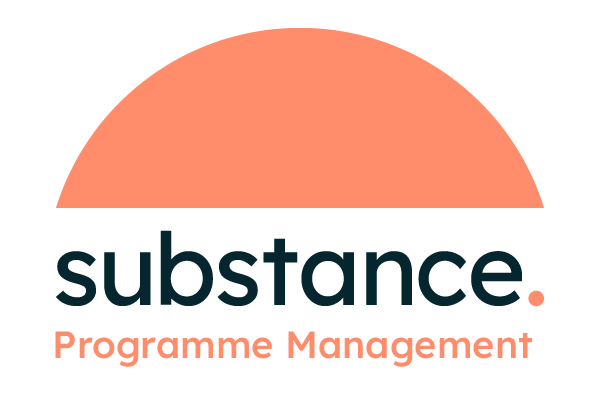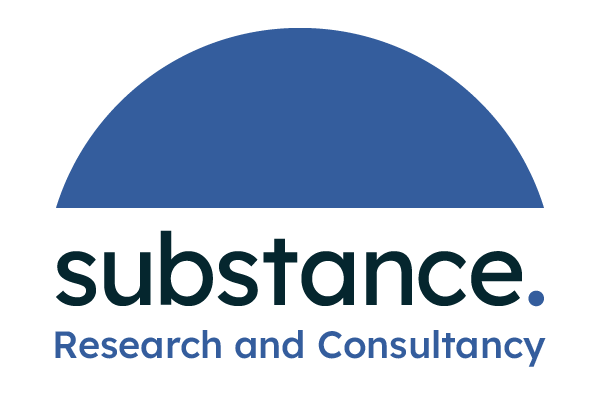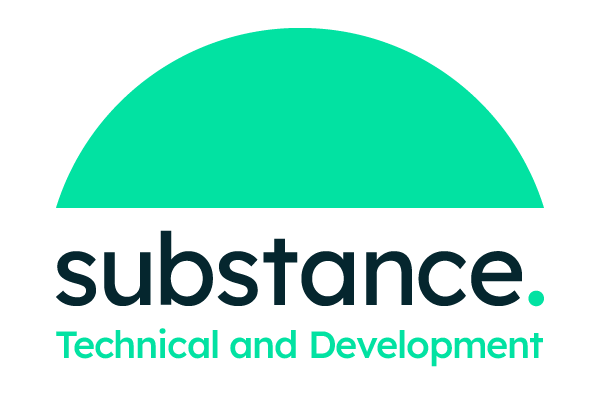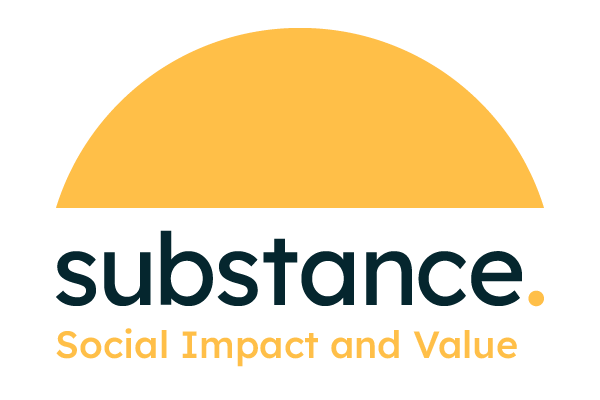
This week I did some quick analysis of the growth trajectories of 100 different sized Sport for Development charities over the three year period 2014 – 17. Two things became apparent. Firstly, no matter if the charity was small (annual income of less than £150k), medium sized (up to £1m) or relatively big (over £1m), almost all of them had experienced some growth during that time. The biggest average percentage growth over this period was amongst the smallest charities (90%), followed by medium sized charities (65%) and then the bigger charities (41%). So, whilst the growth potential is certainly there in the sector, it seems then that as organisations get bigger, the trajectory generally slows down.
Secondly, in each category, approximately 70% had experienced slow and sustained growth and 25% had experienced at least one significant growth spurt, which in some cases meant income had more than doubled over the period. I was interested to know whether there was anything inherent in these organisations which produced growth that was out of the ordinary.
One of the Sport for Development Charities that has exemplified both sustained growth over a long period as well as having a number of income spikes is the Charlton Athletic Community Trust. The Trust started out as a ‘one-man band’ Football in the Community Scheme in the early 1990’s and has since grown to become a charity with a £7m turnover, employing 200 full and part time staff. Jason Morgan, who has been in charge throughout this time, said it was important to understand that the knowledge, skills and experience required for growth in new and smaller organisations is very different to those in medium sized and big ones.
While acknowledging that there have been bumps in the road and decisions which a more risk averse organisation might not have taken, he suggested 5 things that others might want to think about if they want to experience similar growth in their own organisations.
- Plan for growth. Engage with potential partners, funders and commissioners at an early stage and at every level of the organisation from Council Leaders to managers and front line staff. Once engaged, be prepared to adapt service provision, focusing on the outcomes and building confidence across your stakeholder base.
- See existing projects as stepping stones to new work. While it is often tempting to see a new and interesting piece of work as an end itself, the strategy should always be to see how the lessons learnt during delivery can lead to something bigger and better.
- Have a renewed focus on impact reporting. Don’t assume that partners, stakeholders and funders understand the scale and depth of the work you do. Take time to produce a detailed analysis of the progress of participants, community benefits and, crucially, the generation of social impact scores for individual projects.
- Communicate the difference you are making effectively. Find time to showcase the work of the organisation, through the publication of compelling Impact Reports and Annual Reviews, give a voice to participants, partners and funders at events and make sure key messages are loud and clear.
- Get more out of the Board. Use the knowledge, skills and networks of existing Board members to the limit and plan to recruit trustees who can contribute to the next phase of the growth strategy.
For those organisations that want to grow it is important to know where they are starting from. Substance has a long track record of undertaking social auditing and impact assessment work to help organisations understand how well they are doing now and where they need to improve if they are to grow in a sustainable way.
We are currently developing our own five point assessment to support the strategic development of organisations in the sector. This will be tailored to help organisations understand their own successes and challenges and then move from one level to the next.
No matter what size you are, how long you have been operating or what the challenges are, this assessment will help you plan growth. Our five point plan will be designed to help you know if you are:
- Running well: Have sound governance, trustees who add value and staff who will prosper.
- Doing good work: Can report the impact and value of your organisation.
- Involving local people: Meaningfully engaged with local communities and organisations.
- Well thought of: Highly rated by partners and stakeholders whose views are acted upon.
- Financially sound: Have sustainable financial plans and are a local asset.
These ‘social audit’ assessments will be tailored to your specific needs and designed to help you understand what, if anything, needs to change if you are to grow and prosper like others across the sector.
Look out for further information at the beginning of September or get in touch to register your interest











